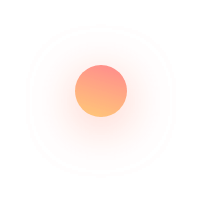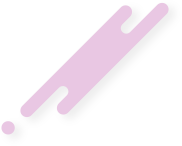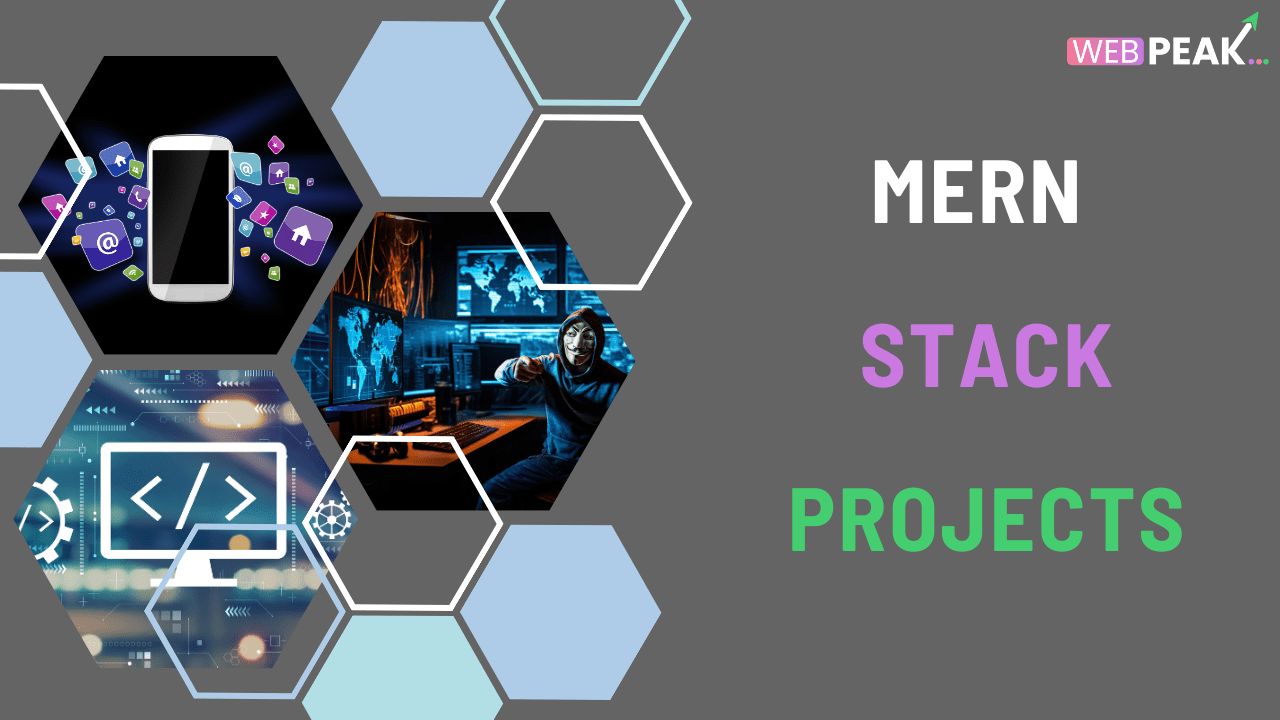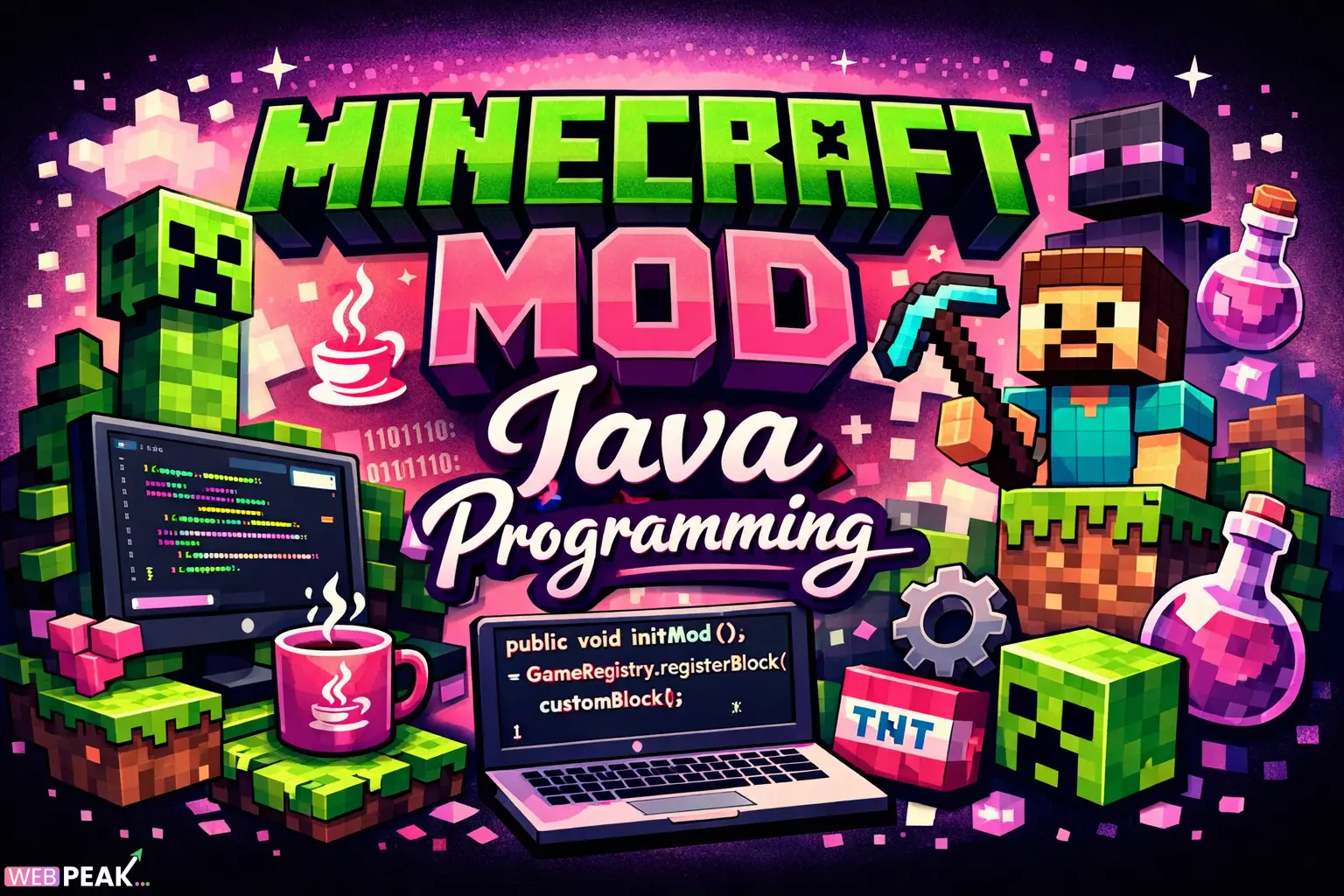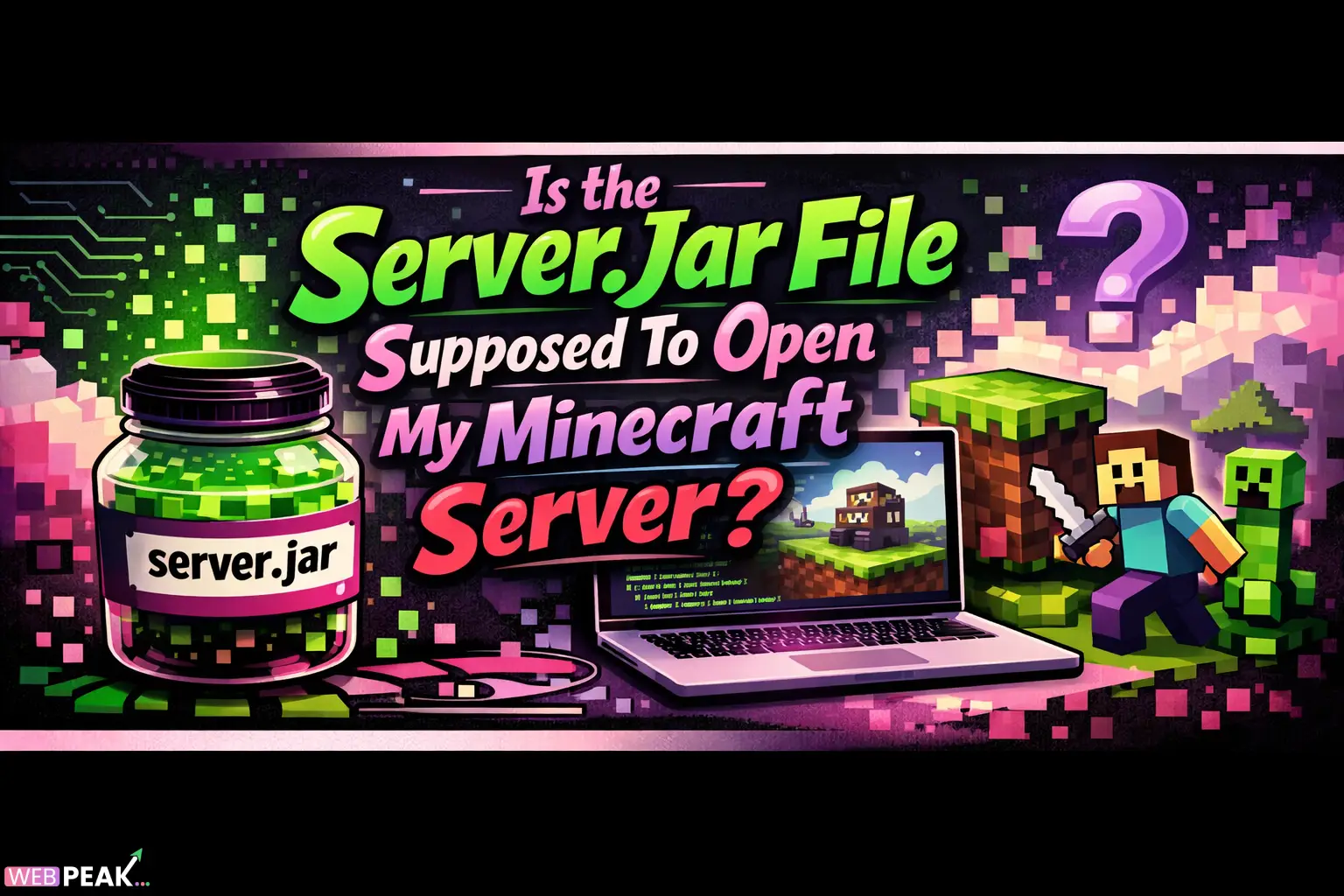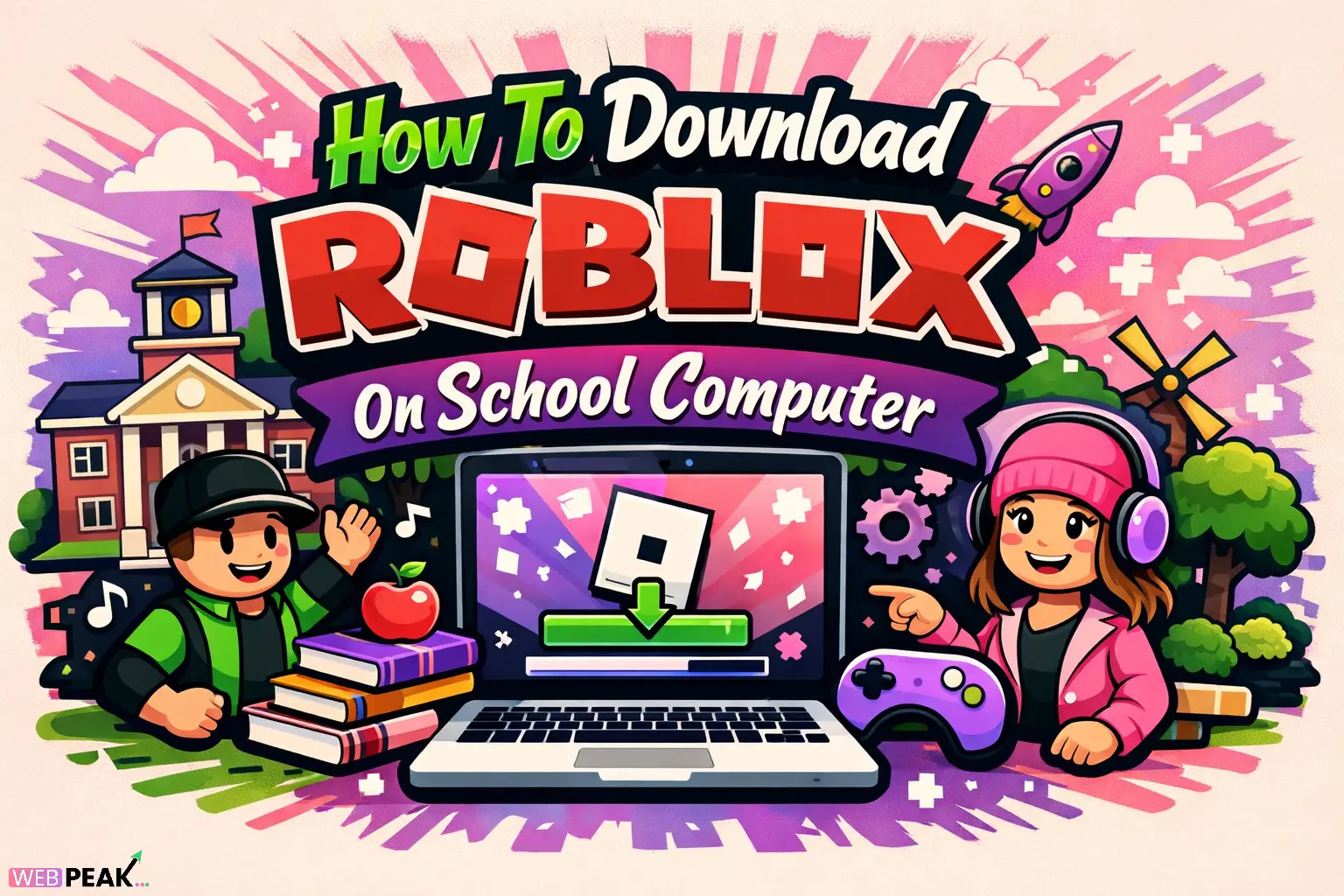MERN Stack Projects: A Comprehensive Guide to Building Modern Web Applications
The MERN stack—comprising MongoDB, Express.js, React.js, and Node.js—is one of the most popular technologies for building dynamic and interactive web applications. Its end-to-end JavaScript framework simplifies the development process, making it a preferred choice for both beginners and professionals.
In this article, we will explore the MERN stack, its components, advantages, and types of projects you can build using it. Let us dive into the details!
What is the MERN Stack?
The MERN stack is a combination of four powerful technologies:
- MongoDB: A NoSQL database used for storing application data in JSON-like documents.
- Express.js: A backend web application framework for building APIs and web servers.
- React.js: A frontend JavaScript library for creating user interfaces, especially single-page applications.
- Node.js: A runtime environment for executing JavaScript code outside the browser, enabling server-side development.
Together, these technologies form a cohesive stack that facilitates smooth development from the database to the user interface, all in JavaScript.
Why Choose the MERN Stack?
- Full-Stack JavaScript: The MERN stack allows developers to use JavaScript throughout the application—on the frontend, backend, and even the database (via MongoDB queries). This consistency streamlines development and reduces the learning curve.
- Open Source and Community Support: All components of the MERN stack are open source, making it cost-effective and accessible. The robust developer community provides extensive support, tutorials, and libraries.
- Scalable and Flexible: The MERN stack is highly scalable and suitable for projects ranging from small-scale applications to large enterprise systems. Its flexibility also makes it easy to integrate additional technologies as needed.
- Speed and Performance: React’s virtual DOM ensures fast rendering of UI components, while Node.js delivers high-performance server-side operations. MongoDB’s non-relational structure offers quick and efficient data handling.
MERN Stack Components: A Deeper Look
1. MongoDB
MongoDB is a NoSQL database where data is stored in flexible, JSON-like documents. This structure is ideal for modern applications that require dynamic schemas.
Example: Storing user profiles, chat messages, or product inventories.
Advantages: Scalability, flexibility, and ease of use with JavaScript.
2. Express.js
Express.js is a lightweight backend framework for Node.js. It simplifies routing and middleware management, making API development straightforward.
Example: Building RESTful APIs to handle user authentication or database operations.
Advantages: Minimal setup, robust routing capabilities, and middleware support.
3. React.js
React.js is a frontend library developed by Facebook. It is known for its component-based architecture and efficient rendering via the virtual DOM.
Example: Creating interactive user interfaces like dashboards or single-page applications.
Advantages: Reusability of components, declarative syntax, and a strong ecosystem.
4. Node.js
Node.js is a runtime environment that executes JavaScript code on the server side. It is event-driven and non-blocking, making it perfect for real-time applications.
Example: Hosting web servers, handling real-time data updates, or managing file uploads.
Advantages: High performance, extensive package support (via NPM), and scalability.
Popular MERN Stack Projects
1. Social Media Platform
A social media application can leverage the MERN stack to provide real-time interactions, such as posting updates, liking content, and chatting.
Features to Implement:
- User authentication and profiles.
- Real-time messaging with WebSockets.
- Newsfeed with like, comment, and share functionalities.
2. E-Commerce Application
The MERN stack is ideal for building e-commerce platforms that require scalability and dynamic interactions.
Features to Implement:
- Product catalogs with search and filters.
- Shopping cart and order management.
- Payment gateway integration.
3. Project Management Tool
A project management tool can use the MERN stack to facilitate team collaboration and task tracking.
Features to Implement:
- Task assignment and progress tracking.
- Real-time notifications and updates.
- Kanban board for workflow visualization.
4. Blogging Platform
A blogging platform can be an excellent beginner project to explore CRUD (Create, Read, Update, Delete) operations.
Features to Implement:
- User authentication for authors and readers.
- A rich text editor for content creation.
- The commenting system for posts.
5. Online Learning Portal
Educational platforms can benefit from the dynamic capabilities of the MERN stack.
Features to Implement:
- Course catalogs and personalized dashboards.
- Video streaming integration.
- Progress tracking and quizzes.
Steps to Develop a MERN Stack Project
- Set up the development environment by installing Node.js, NPM, and a MongoDB database.
- Develop the backend with Express.js and connect it to MongoDB.
- Implement user authentication using JWT or OAuth.
- Build the frontend with React.js and reusable components.
- Connect the frontend to the backend using Axios or Fetch API.
- Deploy the application on platforms like Heroku, AWS, or Netlify.
Best Practices for MERN Stack Projects
- Use version control (Git) for tracking changes.
- Implement error handling for debugging and user experience improvement.
- Optimize for performance using caching and efficient database queries.
- Follow security standards like HTTPS and input sanitization.
- Test thoroughly with unit and integration tests.
Learning Resources for MERN Stack Projects
- Official documentation for MongoDB, Express.js, React.js, and Node.js.
- Online tutorials on platforms like FreeCodeCamp, Codecademy, and Udemy.
- Open-source projects on GitHub for real-world examples.
Conclusion
The MERN stack offers a unified approach to building web applications with JavaScript, enabling developers to create powerful and scalable solutions. Whether you are a beginner building your first CRUD application or an experienced developer tackling enterprise-level projects, the MERN stack provides the tools and flexibility you need.
Start small, practice consistently, and explore the endless possibilities of what you can achieve with the MERN stack!
